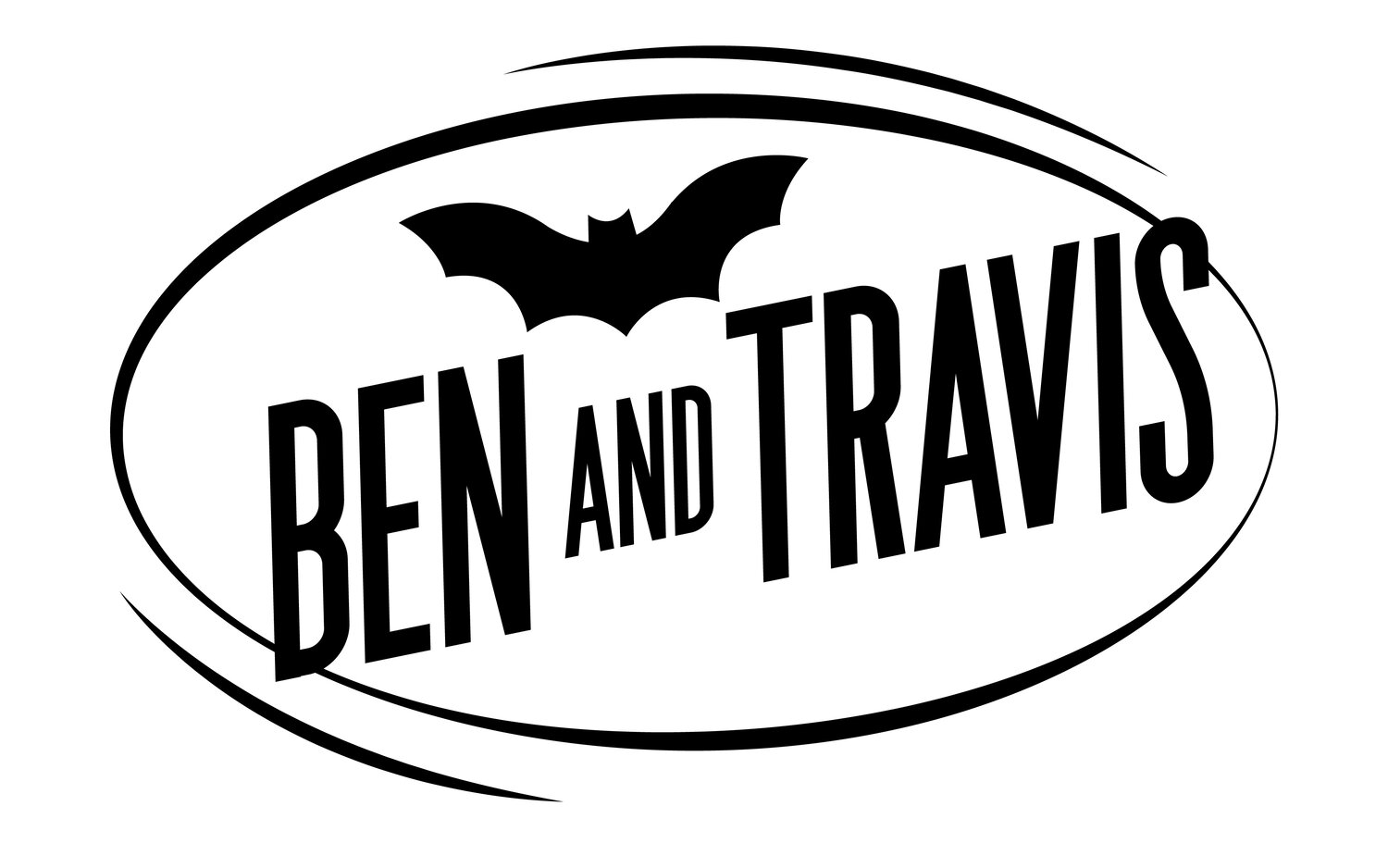A Conflicted King
A downward spiral. That’s probably the best word-picture one could use to describe the reign of King Saul. It started off promising. A humble young man with so much potential. But something happens when we begin to ignore God’s directives—when all of a sudden we follow our own path—the one that seems right to you. Elsewhere in Scripture we are warned that “the end thereof are the ways of death” (Proverbs 14:12).
That would, in fact, happen in time. But there would be much damage done before Saul—along with his righteous son Jonathan—would die on the battlefield. But we serve a God who has a knack for working in the most unlikely of situations. While Saul’s life is spiraling, another king is being molded and refined in the fire of trials. God was prepared the leader He wanted for His people and the leader Israel needed. He would be a king that would tune his heart to God like he tuned his harp to play in Saul’s court.
That young man’s victory as the one who slew a giant would become legendary (1 Samuel 17:1-53). His fame would drive Saul to madness. Is it possible that he offered David his armor to fight Goliath so that people would believe it was Saul who went down into the valley of Elah? And when David refused did Saul’s heart sink in his chest? Saul had been told the kingdom was being taken away from him. Did he see David’s great moment in battle as the beginning of his end?
Jonathan, the rightful heir to the throne, would become friends with this young giant slayer. Saul would not only attempt to kill David with a spear (1 Samuel 18:10-11), but his anger would rage against the one closest to David — even though it was his own son (20:33). Hunting David would become an obsession. Saul seemed to believe that if he could kill David he could end the threat to his kingdom—maybe salvage the admiration of the people. Yet, that pursuit would actually do the opposite (18:16) and Saul ultimately was found to be striving with God himself. David had been anointed by God (16:12-13) — and no one was going to change that fact.
After many years of pursuing the wrong things, Saul would desperately attempt to earn God’s favor. Yet, still not sincerely. As a means to have God blessing him before going into battle with the Philistines, Saul would go to a spirit medium (28:1-11). We often refer to her as the witch at Endor. She is as shocked as anyone when she conjures up the spirit of Samuel so Saul can get communication from God (28:12). Saul had still not learned. He claims to be seeking God while all the while going to places that God had long condemned and that he himself had previously helped remove from his land (28:3). And the message he gets isn’t novel. He was still going to lose the kingdom—and it would happen the very next day. Samuel breaks the news that cuts Saul to the core: “the Lord has torn the kingdom out of your hand and given it to your neighbor, David” (28:17).
And so, the spiral of the conflicted king finally came to a stop at the battle of Mount Gilboa (1 Samuel 31). Saul and his three sons were killed and a new king would emerge. A warrior king with a Shepherd’s experience of guiding. He would make his mistakes but he would set the godly examples of repentance and a true heart to serve Him. That very king—the one who had waited his turn for many decades—would even write a beautiful song to Saul and Jonathan—one who had been an enemy to David, and one who had been a best friend (2 Samuel 1:17-27). Every word of it dripping with praise and honor. It was a wonderful eulogy to a king who probably didn’t deserve it, written by a king with the forgiveness and loyalty of the God we serve—a man after God’s own heart (1 Samuel 13:14; Acts 13:22).
Ben
